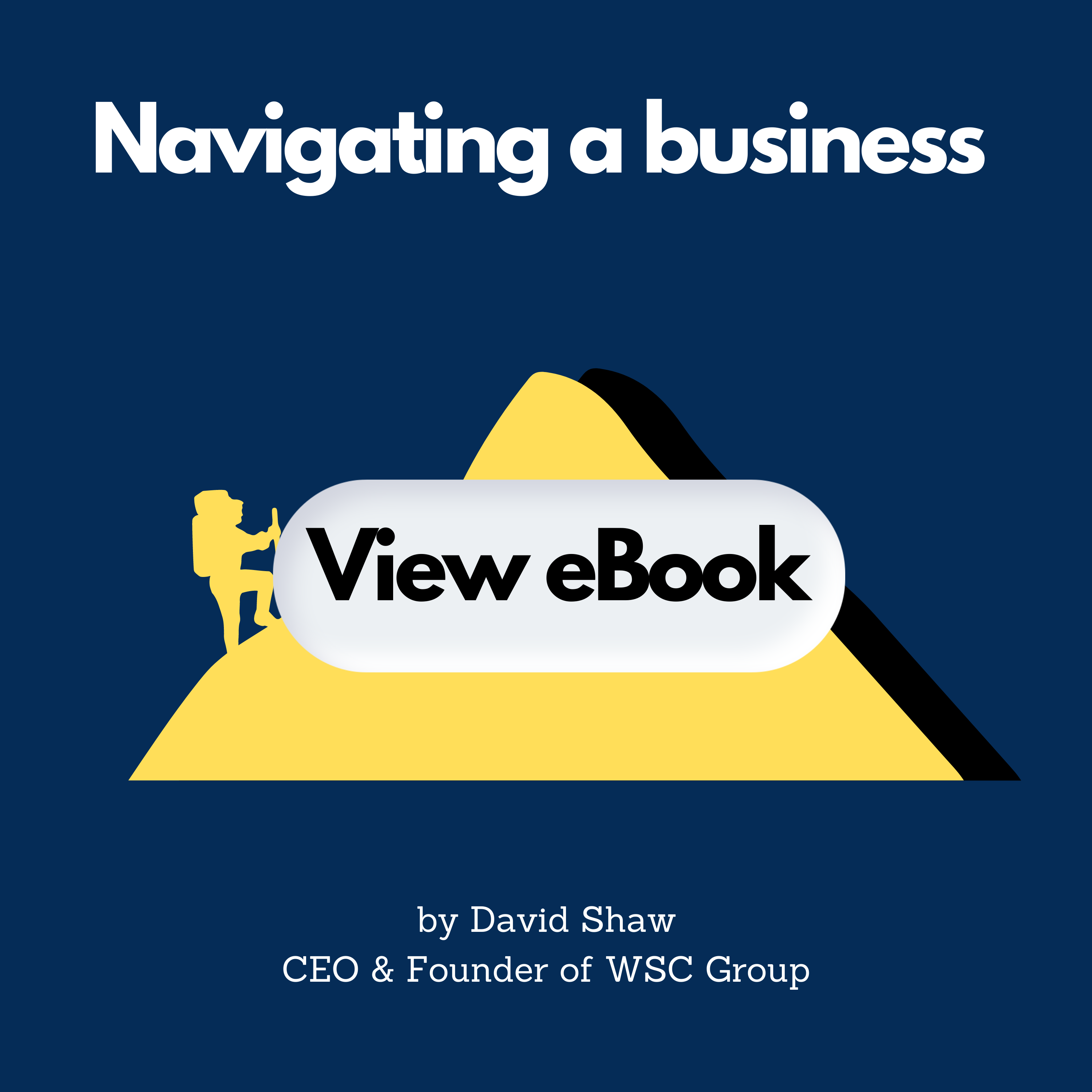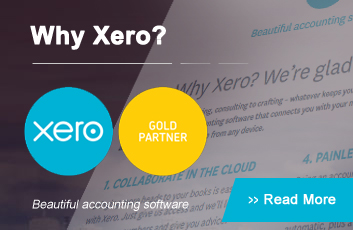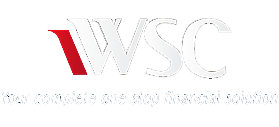
Latest News
Message from Catherine Simons
Important: Superannuation Payments to be paid before 30 June
Employers can only claim a tax deduction for 2013 superannuation expenses in the current financial year if the contribution is made prior to 30 June 2013.
With 30 June 2013 falling on a Sunday, in order to claim a superannuation tax deduction, contributions must physically be made on or before Thursday 27 June 2013 to ensure that the banks clear the proceeds in the employer’s bank account on or before Friday 28 June 2013.
These rules also apply for self-employed seeking to claim a superannuation tax deduction. The maximum deductable concessional contribution for the year ended 30 June 2013 is $25,000.
Building and Construction Industry: Payments to Contractors
As part of the 2011/12 Federal Budget, the Government announced the introduction of taxable payment reporting for businesses in the building and construction industry. This means that you will need to report to the ATO the total payments you have made to each of your contractors for the 2013 financial year by 21 July 2013.
Who needs to report contractor payments?
You will need to lodge a Taxable Payments Annual Report if the following applies:
• You are a business that is primarily in the building and construction industry;
• You make payments to contractors for building and construction services; and
• You have an Australian Business Number (ABN).
You are considered to be a business that is primarily in the building and construction industry if:
o In the current or previous financial year, 50% or more of your business income is derived from providing building and construction services; or
o In the current or previous financial year, 50% or more of your business activity relates to building and construction services.
Please contact your WSC account manager for further information on either Superannuation payments or Taxable payments reporting for the Building and Construction Industry.
Checklists for the 2013 financial year will be sent out over the coming week to assist you in preparing your tax return documents. Please contact our office if you have not received a checklist by mid next week.
Happy New Financial Year!
Best Regards,
Catherine Simons
(Standing in for David Shaw)
Budget 2013/14
The Government handed down the 2013/14 Budget on 14 May 2013. Most of the tax and superannuation measures had already been previously announced, but a few of the new measures include the following:
• The government will defer the personal income tax cuts that were to commence from 1 July 2015 (i.e., by raising the tax-free threshold from $18,200 to $19,400);
• From 1 July 2014, the government will increase the Medicare levy by 0.5% from 1.5% to 2% to provide funding for DisabilityCare Australia (i.e., the national disability insurance scheme);
• From 1 July 2014, the non-primary production threshold for farm management deposits (FMDs) will be increased from $65,000 to $100,000 (i.e., this means that primary producers will be able to claim deductions for FMDs where their non-primary production income does not exceed $100,000);
• From 1 March 2014, the Baby Bonus will no longer be available. Instead, families eligible for Family Tax Benefit (FTB) Part A will receive an additional loading on their family payments when they have a new baby (if they are not ccessing the Government’s Paid Parental Leave scheme), totalling $2,000 for the first child (and all multiple births) and $1,000 for subsequent children; and
• The government will phase out the net medical expenses tax offset, although there will be transitional arrangements for those currently claiming the offset.
Limited recourse borrowing arrangements by SMSFs
According to the ATO, with many SMSF trustees entering into limited recourse borrowing arrangements (LRBAs), it appears there is still some uncertainty with respect to associated taxation issues.
Editor: SMSFs are generally prohibited from borrowing, but since 2007 there has been an exception where an SMSF borrows on a limited recourse basis to acquire a specific asset, and very strict conditions are met.
One of these conditions is that the asset is not held in the name of the SMSF, but is instead held under a separate trust (e.g., a 'holding trust).
A trustee of an SMSF who enters into a LRBA for the purpose of purchasing an asset will be treated as the owner of the asset for income tax purposes, meaning the SMSF will be assessed on the income earned on the underlying asset (such as rental income) and will be able to claim any relevant deductions.
In addition, it is the SMSF which should account for any relevant GST amounts on income and expenses associated with the LRBA.
Therefore, where the LRBA is set up appropriately, there will be no need for the holding trust to lodge an annual return with the ATO.
The ATO also warns that SMSFs entering into LRBAs need to do so carefully, because an arrangement that does not meet all the requirements would contravene the borrowing prohibition and place the compliance status of the fund at risk.
Limited recourse borrowing arrangements by SMSFs
According to the ATO, with many SMSF trustees entering into limited recourse borrowing arrangements (LRBAs), it appears there is still some uncertainty with respect to associated taxation issues.
Editor: SMSFs are generally prohibited from borrowing, but since 2007 there has been an exception where an
SMSF borrows on a limited recourse basis to acquire a specific asset, and very strict conditions are met.
One of these conditions is that the asset is not held in the name of the SMSF, but is instead held under a separate trust (e.g., a 'holding trust).
A trustee of an SMSF who enters into a LRBA for the purpose of purchasing an asset will be treated as the owner of the asset for income tax purposes, meaning the SMSF will be assessed on the income earned on the underlying asset (such as rental income) and will be able to claim any relevant deductions.
In addition, it is the SMSF which should account for any relevant GST amounts on income and expenses associated with the LRBA.
Therefore, where the LRBA is set up appropriately, there will be no need for the holding trust to lodge an annual return with the ATO.
The ATO also warns that SMSFs entering into LRBAs need to do so carefully, because an arrangement that does not meet all the requirements would contravene the borrowing prohibition and place the compliance status of the fund at risk.
Record keeping for small business CGT concessions
The ATO has issued a reminder that taxpayers should keep good records to help them determine if they are eligible to claim the small business CGT concessions, including evidence of:
• carrying on a business, including calculation of turnover (to demonstrate eligibility for the 'small business entity' (SBE) test);
• the market value of relevant assets just before the CGT event (to demonstrate eligibility for the $6 million maximum net asset value test);
• how capital losses have been calculated and carried forward to later years; and
• relevant trust deeds, trust minutes, company constitution and any other relevant documents.
Luxury Car Tax limit for 2013/14
The luxury car tax threshold for the 2013/14 financial year has been indexed to $60,316 (up from $59,133 for the
2012/13 year) and is used to determine if luxury car tax is payable.
The fuel-efficient car limit for the 2013/14 financial year is $75,375 (unchanged from the 2012/13 year).
Car parking threshold: 2013/14
The car parking threshold for the FBT year commencing on 1 April 2013 is $8.03 (up from $7.83 for the year commencing 1 April 2012).
Editor: Two of the conditions that must be met before car parking facilities provided by an employer to an employee will be subject to FBT is that a commercial car parking station is located within a 1 km radius of the employer- provided car park, and that the lowest fee charged by the operator of that car park is more than the car parking threshold.
ATO Data Matching Programs
Editor: The ATO has advised that it is undertaking the following data matching programs to identify non-compliance with lodgment, payment and correct reporting obligations under taxation law.
Online Selling Data Matching Program
The ATO is requesting and collecting the user identification name and number, name, address, telephone numbers, date of birth, email address, registration date, number of monthly sales, value of monthly sales, the IP address, and bank account details of approximately 11,000 sellers who have sales of $20,000 and greater, in the 2010/11 income year through various online selling websites.
Editor: The Government has also conducted a successful pilot program (that will become a permanent part of the Government's compliance system) that found some people were claiming social security payments while running a successful online business – the pilot, which matched Centrelink records against 15,000 eBay users, identified more than $800,000 in debts.
WorkCover Data Matching Program
The ATO will request and collect names and addresses of employer entities from state and territory WorkCover sources for the 2011, 2012 and 2013 financial years.
The total number of records Australia-wide is estimated to be 942,000, of which approximately 103,000 will be individuals who are employers. The ATO may also disclose information about employers that may not be meeting their obligations under workers compensation laws if requested by the relevant WorkCover authorities.
An Important Message
While every effort has been made to provide valuable, useful information in this publication, this firm and any related suppliers or associated companies accept no responsibility or any form of liability from reliance upon or use of its contents. Any suggestions should be considered carefully within your own particular circumstances, as they are intended as general information only. Please contact your WSC account manager for more information.














